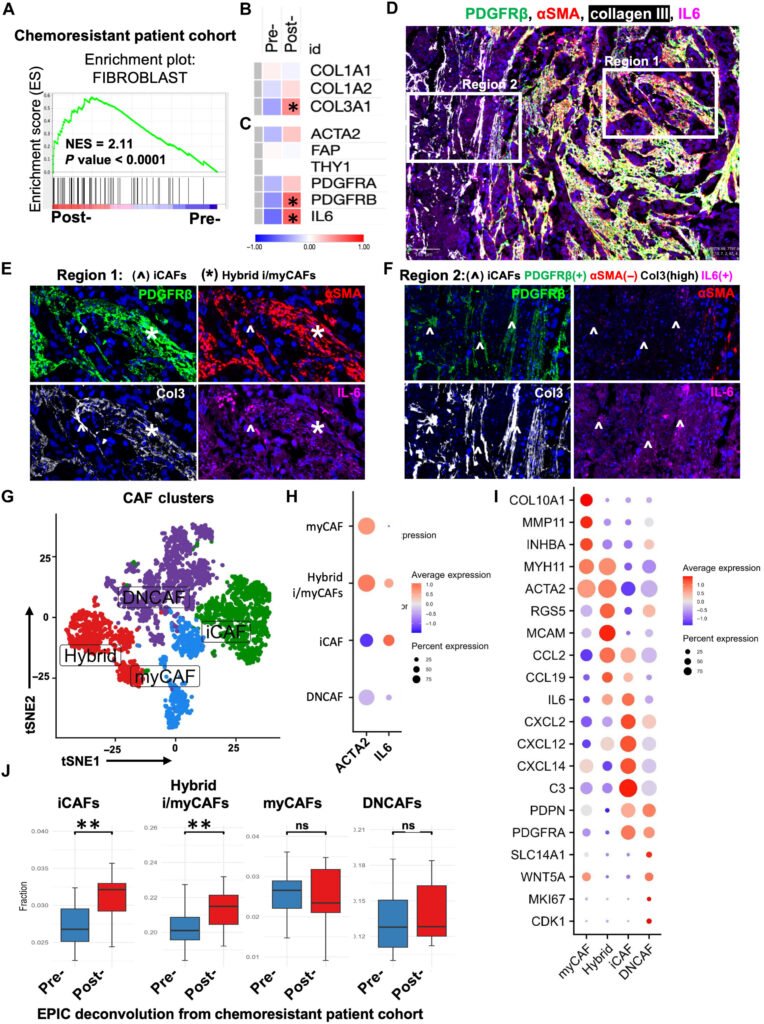Chemotherapy is a commonly used treatment to target and kill bladder cancer cells. However, recent research from scientists at Houston Methodist has shed light on a potential issue with this approach. According to a study published in Science Advances, chemotherapy-induced tumor cell death may trigger an inflammatory response that actually makes the cancer more resistant to treatment.
The study, titled “Caspase-1–dependent pyroptosis converts αSMA+CAFs into collagen-III high iCAFs to fuel chemoresistant cancer stem cells,” delved into the mechanisms behind why chemotherapy is not as effective in treating bladder cancer as expected. The researchers found that when chemotherapy kills tumor cells through a process called pyroptosis, neighboring fibroblasts are affected. Instead of being destroyed, some of these fibroblasts start producing collagen, which can help cancer stem cells survive and become more resistant to chemotherapy.
Dr. Hongbo Beth Gao, a research associate at Houston Methodist and co-corresponding author of the study, noted, “Our findings surprisingly revealed that not all forms of cell deaths are helpful in fighting cancer.” Dr. Keith Syson Chan, the Neal Cancer Center Distinguished Chair at Houston Methodist and co-corresponding author, added, “In a sense, the ‘fiery’ or inflammatory death of these cancer cells from the chemotherapy actually made things worse, not better.”
Using a combination of mouse and patient samples, gene analysis, and lab experiments, the researchers found that administering a drug called belnacasan to block this inflammatory cell death and collagen production could improve treatment outcomes in preclinical mouse models. Dr. Gao emphasized, “Combination treatment with belnacasan to stop this type of ‘fiery’ cell death can improve chemotherapy response.”
While further research is required to explore the effects of this treatment in different types of cancer, the researchers are hopeful that this therapy could also benefit patients with breast cancer. Ultimately, they aim to enhance treatment options for various types of cancer and improve patient outcomes.
In conclusion, the study by Houston Methodist researchers highlights a potential hurdle in the use of chemotherapy for bladder cancer treatment. By understanding the impact of chemotherapy-induced inflammatory responses on cancer cells and neighboring fibroblasts, new strategies like belnacasan therapy could offer promising solutions to overcome chemoresistance. This research opens up avenues for further investigation and the development of more effective cancer treatments.


